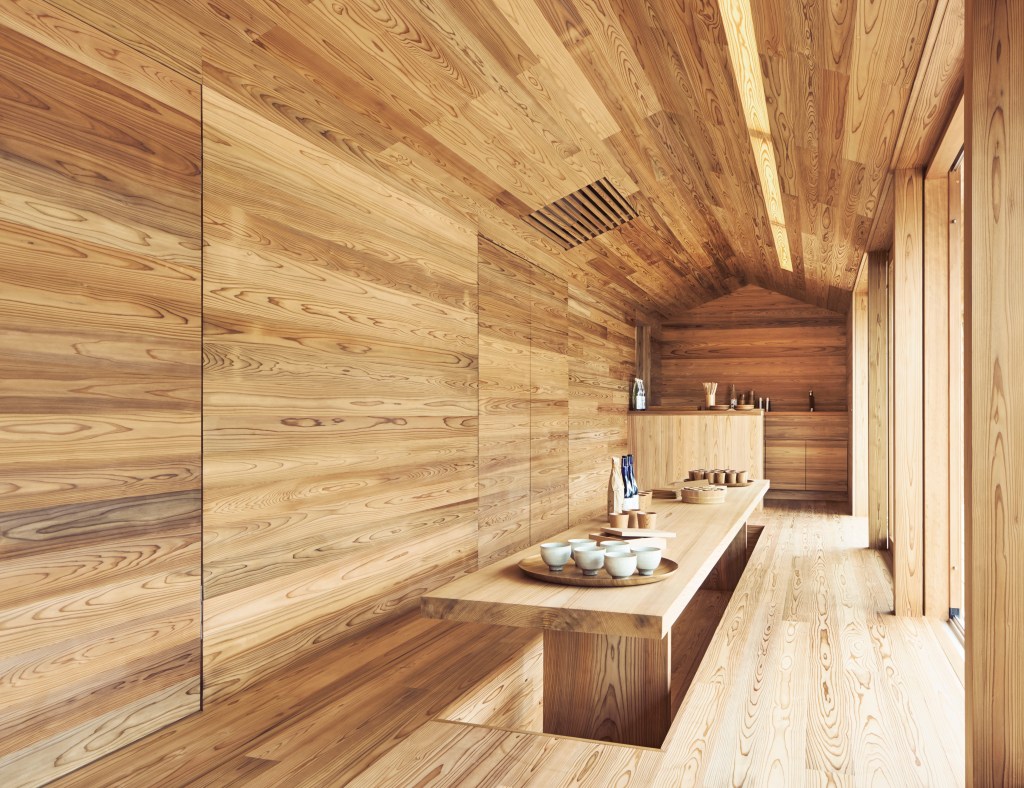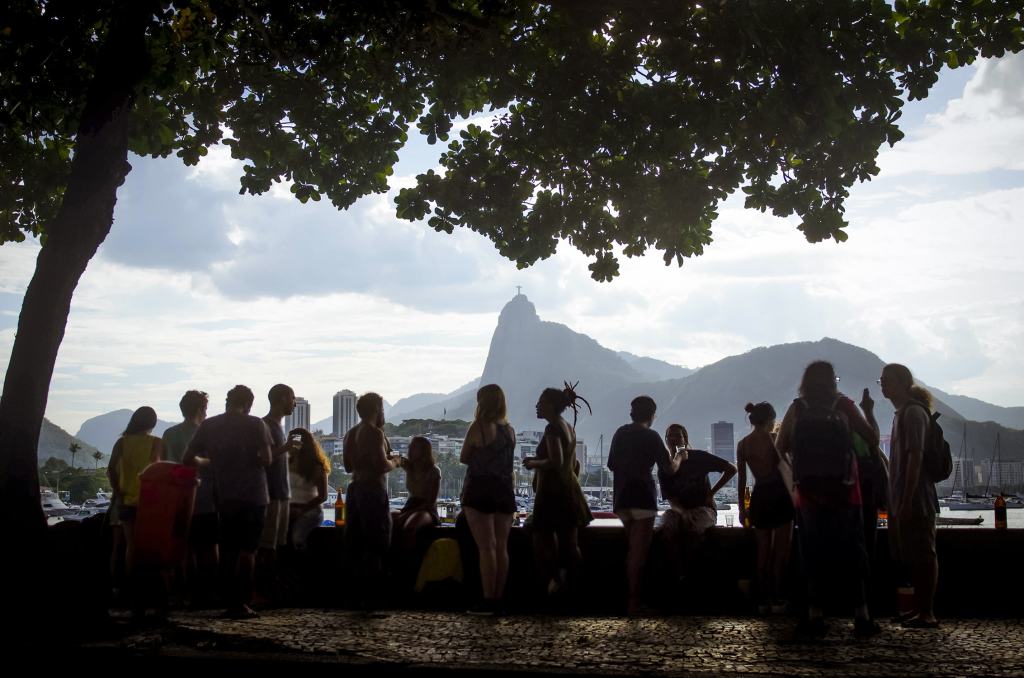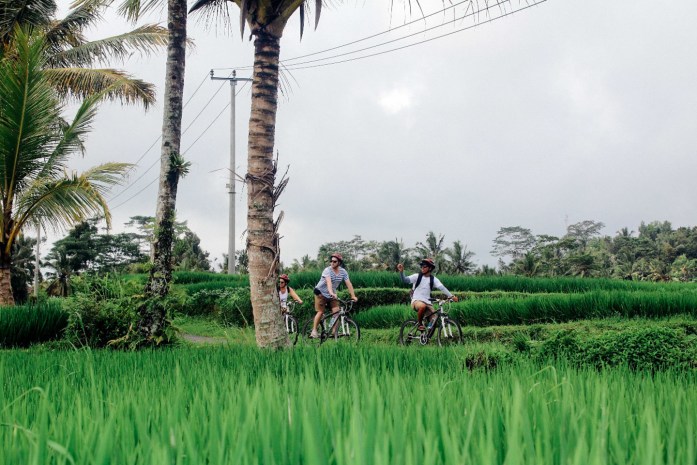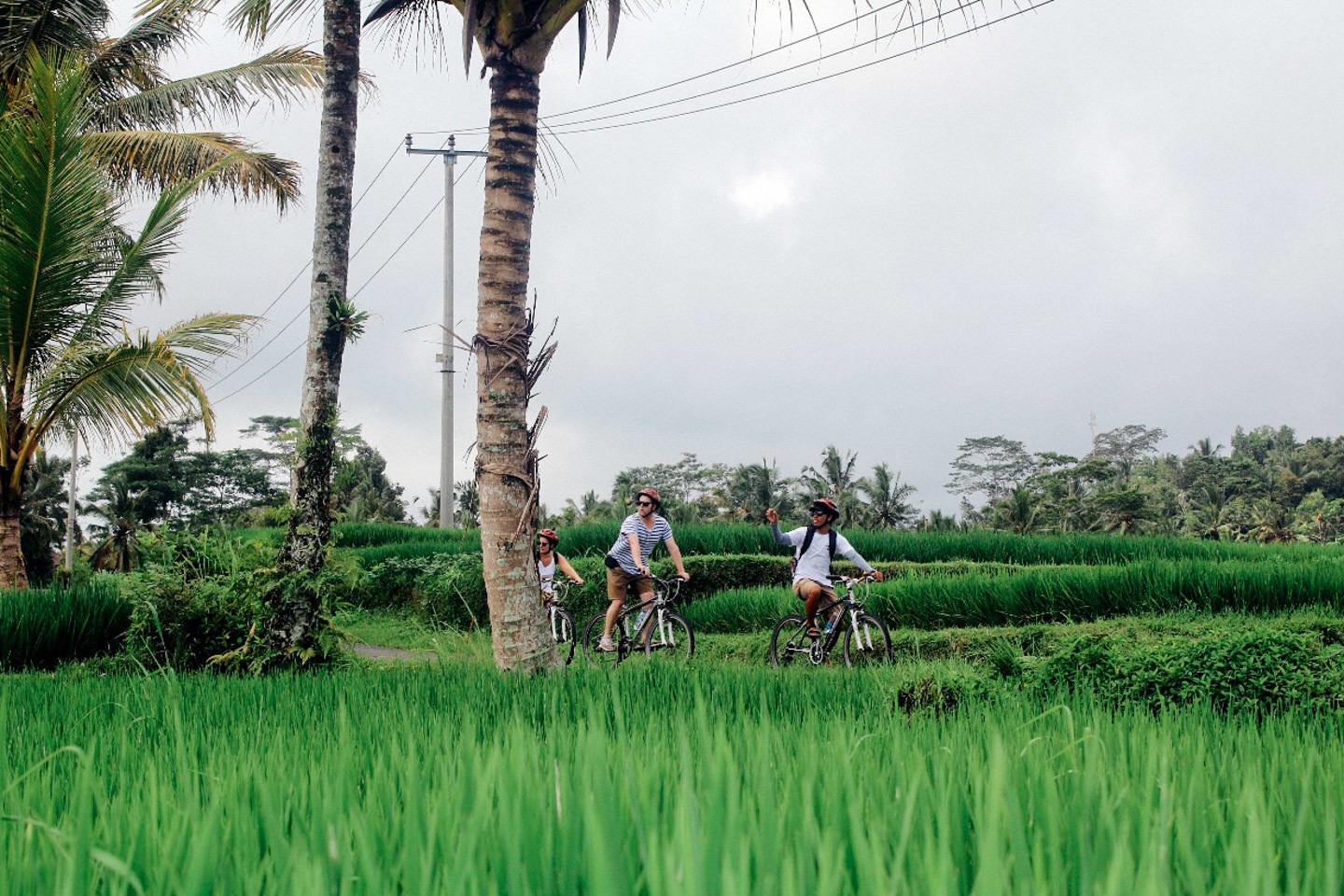Today, Airbnb launched the Office of Healthy Tourism, an initiative to drive local, authentic and sustainable tourism in countries and cities across the globe. Along with the launch of the Office, Airbnb is also releasing data that shows the benefits of healthy tourism for hosts, guests and cities around the world, as well as announcing the creation of its new Tourism Advisory Board, which will be made up of travel industry leaders from around the world.
Since the company was founded 10 years ago, travelers have discovered new destinations and neighborhoods off the typical tourist path, bringing the economic benefits of tourism to small businesses and local residents around the world. Building off of this work through partnerships, programs and events, Airbnb will expand its efforts to economically empower communities, drive travel to lesser-known places, and support environmentally-friendly travel habits with the Office of Healthy Tourism.

With travel and tourism growing faster than most of the rest of economy, it is critical that as many people as possible are benefiting – and right now not all tourism is created equal. To democratize the benefits of travel, Airbnb offers a healthy alternative to the mass travel that has plagued cities for decades.
Airbnb supports tourism that is local, authentic, diverse, inclusive and sustainable. Through the meaningful income earned by the mosaic that is our global community of hosts; our ability to promote tourism to places that need it the most; and the inherent sustainable benefits of hosting, Airbnb is providing the type of travel that is best for destinations, residents, and travelers alike.
Chris Lehane, Airbnb’s Head of Global Policy
Airbnb’s Office of Healthy Tourism
The company has already embarked on a number of initiatives to promote Healthy Tourism. Last year, Airbnb Co-Founder and Chief Product Officer Joe Gebbia opened the Yoshino Cedar House, a landmark listing in a rural community that was slowly disappearing due to an aging population, low birth rate, and exodus of young people. Since the house opened, Yoshino has hosted hundreds of guests from 32 countries, and 70 jobs have been supported in this small town by the spending of hosts and guests. The Office of Healthy Tourism will continue to focus on rural regeneration everywhere, from small villages in Italy to the countryside in China, to help bring the economic benefits of tourism to areas that want to welcome more travelers into their communities in a locally sensitive, sustainable way.

In another project to promote Healthy Tourism, Airbnb will partner with the University of Cape Town Graduate School of Business to host the Africa Travel Summit in September 2018. This three-day summit will bring together some of the most innovative thinkers from across the continent to discuss how technology can help shape a more sustainable and inclusive tourism that empowers underserved communities in Africa. The summit will also focus on how to build a resilient tourism that can support places in times of resource scarcity.
Airbnb also helps communities scale accommodations to host big events in a sustainable way. A study by The World Economic Forum after the 2016 Summer Games in Rio de Janeiro reported that the city would have needed to build 257 hotels in order to have provided enough rooms to accommodate the surge of Games attendees who stayed on Airbnb. For the most recent Winter Games in South Korea, 15,000 guests used Airbnb to attend the event — the equivalent of adding 7,500 hotel rooms. Collectively, hosts in the region earned over $2.3 million keeping 97 percent of what they charged, ensuring that the money stays in the country, with the local residents in the area.
Airbnb releases new data showing positive impact around the world
Airbnb’s healthy form of travel is also having a positive, meaningful impact in cities and countries around the world. Today, the company is releasing 2017 data for its top 300 cities and 80 countries, as part of a commitment to transparency with local governments, that demonstrates the benefits of healthy tourism. For example, the data in the United States shows that:
- The US is home to a vibrant community of hosts who welcomed travelers from over 150 countries into their homes and communities.
- In the US, the typical host earned $7,296 renting out their space 43 nights a year, providing meaningful income for regular people and families.
- The US welcomed 31 million guests last year, and more than 38 million traveled from the US to other destinations, creating offline connections across borders and cultures.

Airbnb has also released new data on how the Airbnb community supports healthy tourism worldwide:
- 88% of Airbnb hosts around the world incorporate green practices into hosting, such as using green cleaning products, providing recycling, encouraging guests to use public transportation, and installing solar panels.
- 79% of guests said they decided to use Airbnb because they wanted to live like a local, and 66% of guests said the environmental benefits of home sharing were important in their choice of Airbnb.
- 89% of guests said that they chose Airbnb because it was more conveniently located throughout the city than hotels, and 44% of guest spending happens in the neighborhoods where they stay.
- 53% of guests spent the money they saved using Airbnb at businesses in the cities and neighborhoods they visited.
Airbnb’s Tourism Advisory Board announced
Promoting healthy, sustainable tourism is particularly important as the tourism industry grows. According to the World Travel & Tourism Council (WTTC), the travel industry supports 313 million jobs and generates 10 percent of the world’s GDP. While Airbnb is an inherently healthy way to travel, the company has formed a Tourism Advisory Board to help shape the company’s long-term vision and activities to ensure that Airbnb is a solution to the over tourism caused by mass travel.
The Tourism Advisory Board includes global tourism thought and policy leaders who have set the tone for this dialogue in their years in the industry:
- David Scowsill, Chief Executive of EON Reality Inc. and former President and CEO of the World Travel & Tourism Council
- Taleb Rifai, the former Secretary General of the United Nations World Tourism Organization
- Rosette Rugamba, Managing Director of Songa Africa and Amakoro Lodge and former Director General of Rwanda Tourism
- Professor the Hon Bob Carr, the former Foreign Affairs Minister for Australia and former Premier of New South Wales
Travel is becoming more accessible as the world gets richer. One billion more people will be in the global middle class by 2030, and these new entrants will be looking to travel to enhance their horizons. The concentration of tourism in key locations is creating a threat to their future, by causing congestion, overcrowding, and a deteriorating quality of life for residents.
By bringing guests to new places, and putting more money in the hands of local residents, Airbnb has proven to be a pioneer. Spreading the tourists around each city and each country geographically is an important step to solving this overcrowding problem. I look forward to working with them to expand their efforts as they lead the way in this exciting new venture.
David Scowsill, Airbnb Tourism Advisory Board Member
“We are incredibly proud to have some of the foremost leaders in the travel industry joining our Tourism Advisory Board,” says Airbnb’s Chris Lehane. “These are all leaders of impeccable credentials who have worked to promote healthy tourism. With members from four different continents, we look forward to getting their perspectives on solutions to over tourism and to tap their expertise to promote and drive healthy tourism around the world.”

